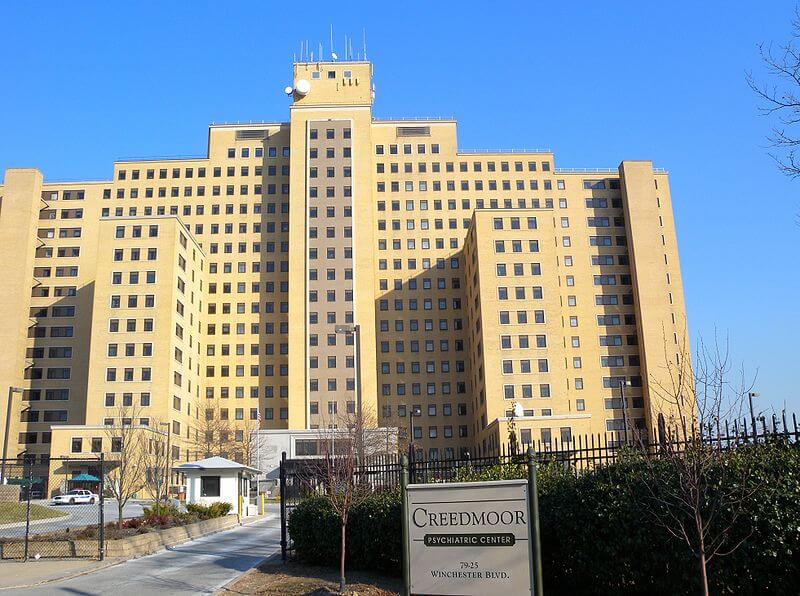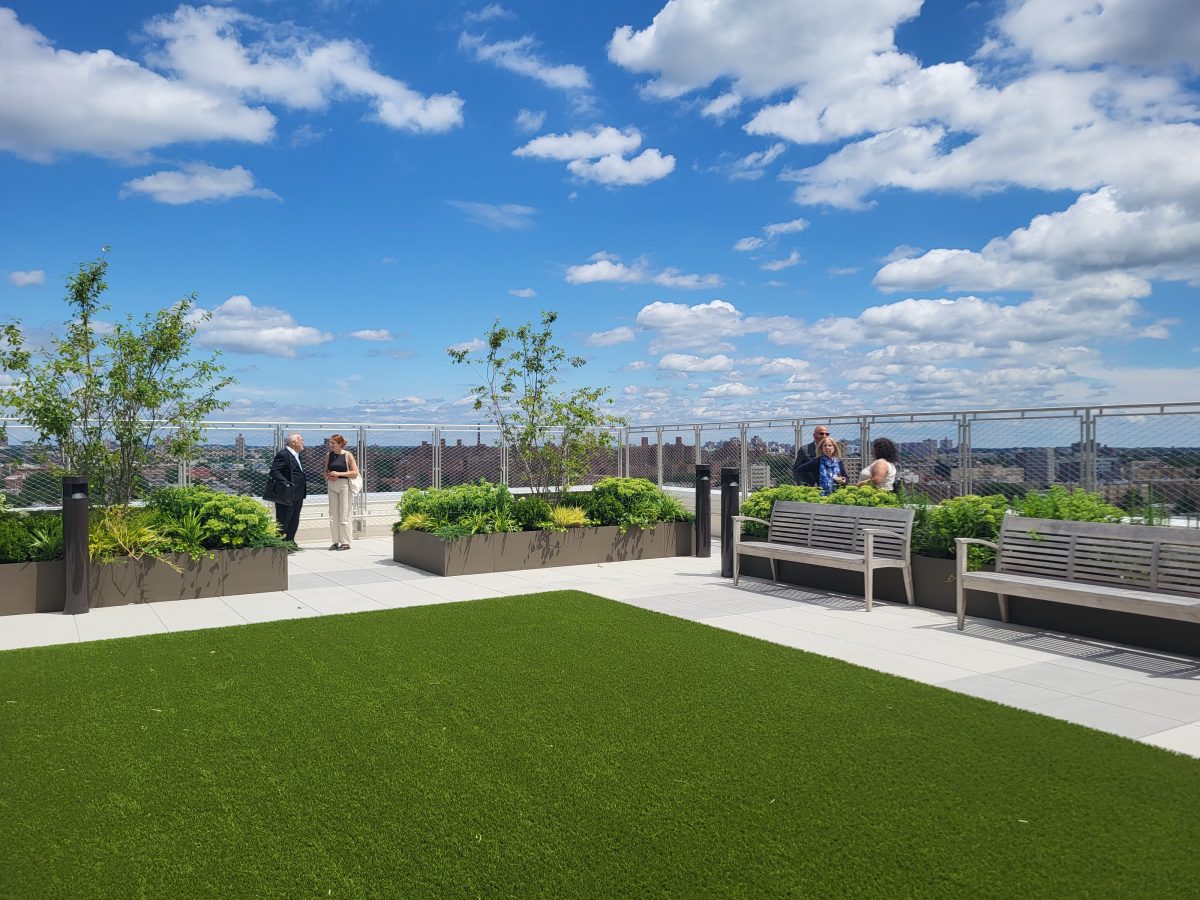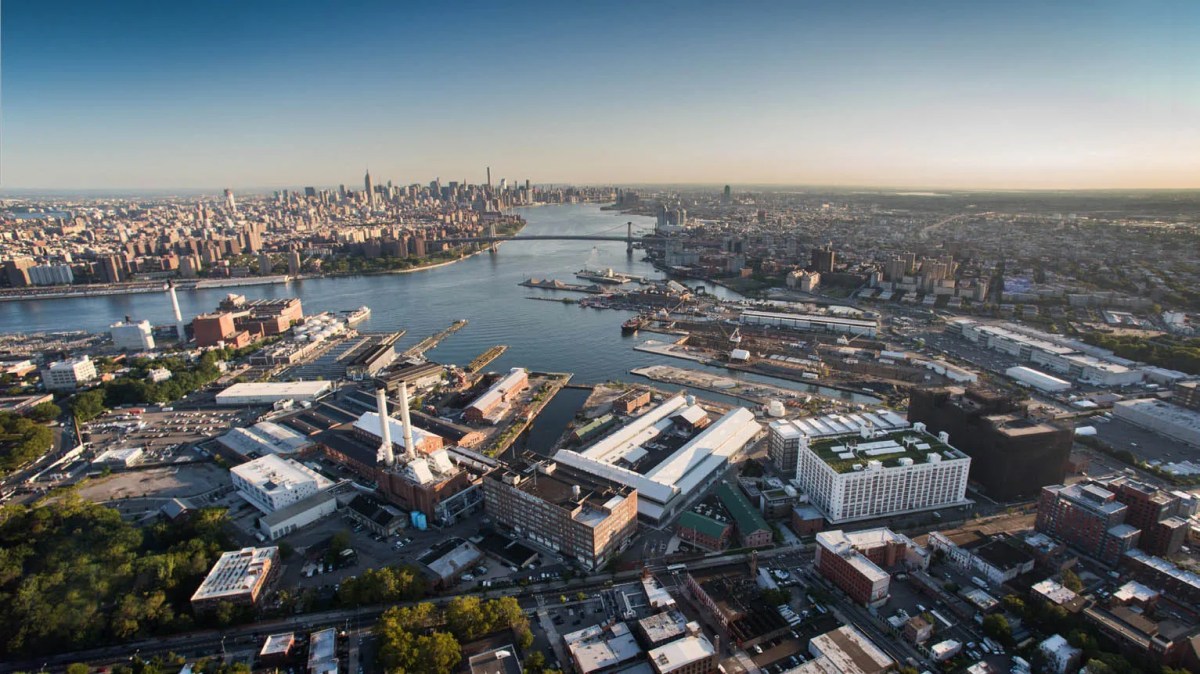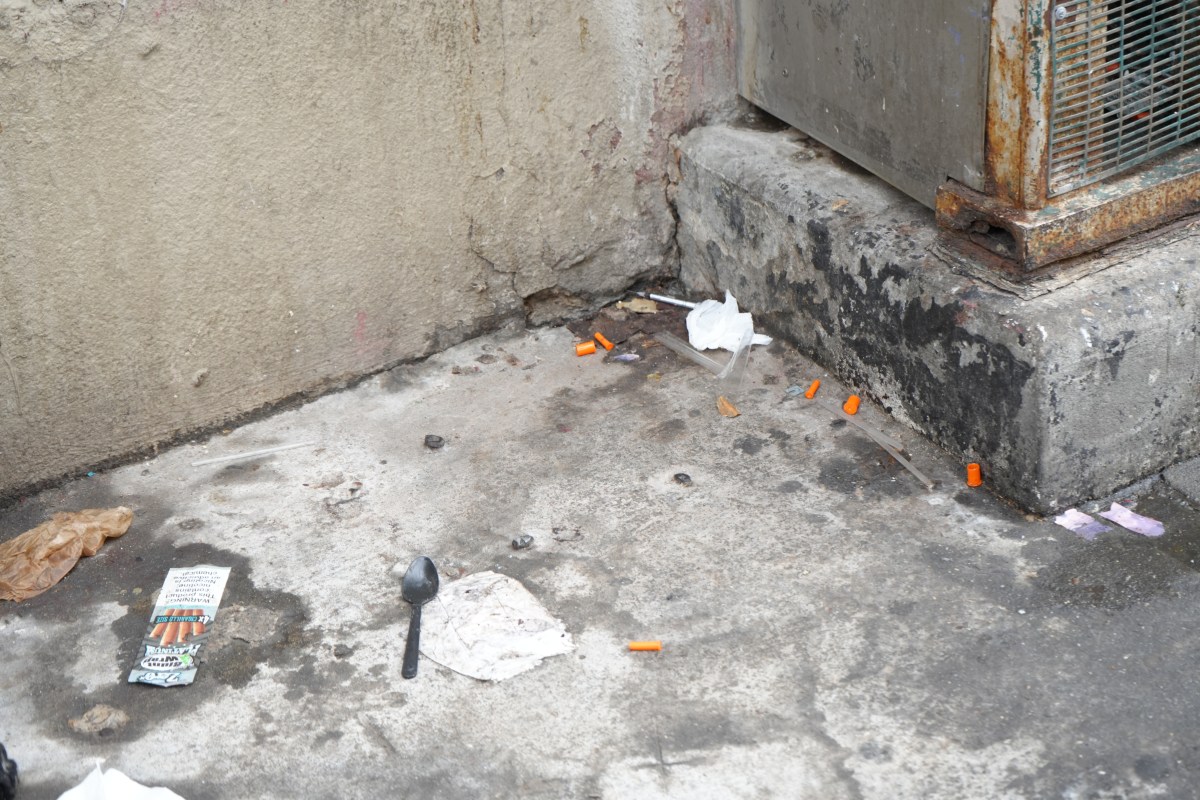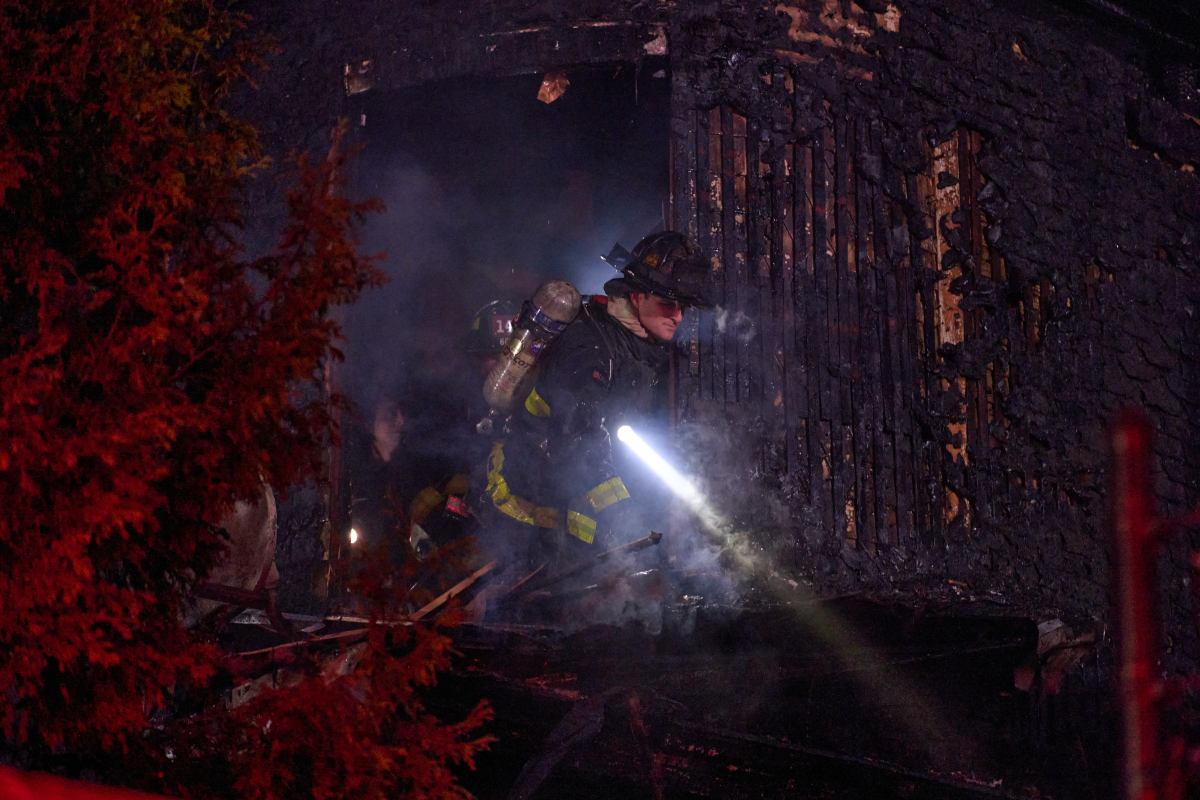Brooklynites are at the epicenter of the city’s affordable housing crisis. Median asking rent across the borough has skyrocketed, rising 4.5% over the past year – faster than the overall average – thanks to growing demand coupled with increasingly low supply.
The best way out of this crisis is to build new, high-quality affordable units in developments that are sensitive to the culture, values, and preferences of the neighborhoods they serve. This city is a notoriously difficult place to build, but progress is possible when we collaborate across sectors in pursuit of a common goal.
This past week, my organization, Concern Housing, had the honor of cutting the ribbon on a 58-unit affordable housing complex in East New York. This development, built at the intersection of Warwick Street and Pitkin Avenue, features mixed-income affordable and supportive units for seniors and formerly homeless individuals. It includes critical onsite support services, tailored to meet the individual needs and requirements of each resident.
This project not only produced much-needed new units, but it also successfully reclaimed a previously contaminated and unused site. Over time, this will benefit and uplift the entire community. It took multiple stakeholders – city and state agencies as well as nonprofit and private partners – to get Warwick/Pitkin over the finish line, which was a perfect example of what we can accomplish when we work together.
This is just one example of encouraging affordable housing news in Brooklyn. Over the past decade, the borough has seen the largest increase of the five boroughs in newly completed or preserved affordable units. The City Council and local elected officials continue to advocate for additional development, generating critical zoning amendments and project approvals.
Meanwhile, communities like Gowanus, which will soon see the construction of 1,400 additional affordable apartments, are in the process of realizing housing opportunities through zoning amendments.
Changing the city’s archaic and overly complex zoning laws would help further expand the available housing options in Brooklyn and across the city. It’s a major aspect of the Adams administration’s City of Yes for Housing Opportunity proposal, which ideally will enable the development of affordable housing in high-demand neighborhoods.
The truth is that some communities are doing more than their fair share when it comes to affordable housing development, and the unwillingness of others to step up is enabled by zoning regulations designed to keep people out – not welcome them. The lowest-producing New York City districts produced less than 10 units of affordable housing last year with two districts producing no new affordable housing at all. This is neither fair nor equitable.
To help encourage development, we must persuade New Yorkers who are worried about housing production that – as with the Warwick/Pitkin project – development can be a benefit, not a burden.
Housing can also be an economic development generator for communities in need. On Coney Island, for example, Concern opened Surf Vets Place in 2019 – a 135-unit supportive and affordable housing development for veterans experiencing homelessness and low-income families in need of affordable housing.
Surf Vets tenants are thriving, thanks to consistent access to services and stable housing, and now they’re poised to contribute to the local economy in a new and exciting way.
In the coming weeks, Concern will open Cyclone Bagels on the first floor of the Surf Vets building. This locally based small business will provide supportive employment and career development training for Surf Vets tenants as part of the broader continuum of care that supportive housing provides to vulnerable New Yorkers. This effort encourages economic growth on a community level and financial independence on the individual level.
There is a lot of exciting work happening in Brooklyn, and it’s because key stakeholders and communities stepped up to the plate and recognized that affordable housing can have a profound positive impact on individual lives and communities. We are honored to have played a part in realizing these visions, and we look forward to collaborating with communities across the borough – and the city – on future development efforts.
Ralph Fasano is the Executive Director of Concern Housing.




